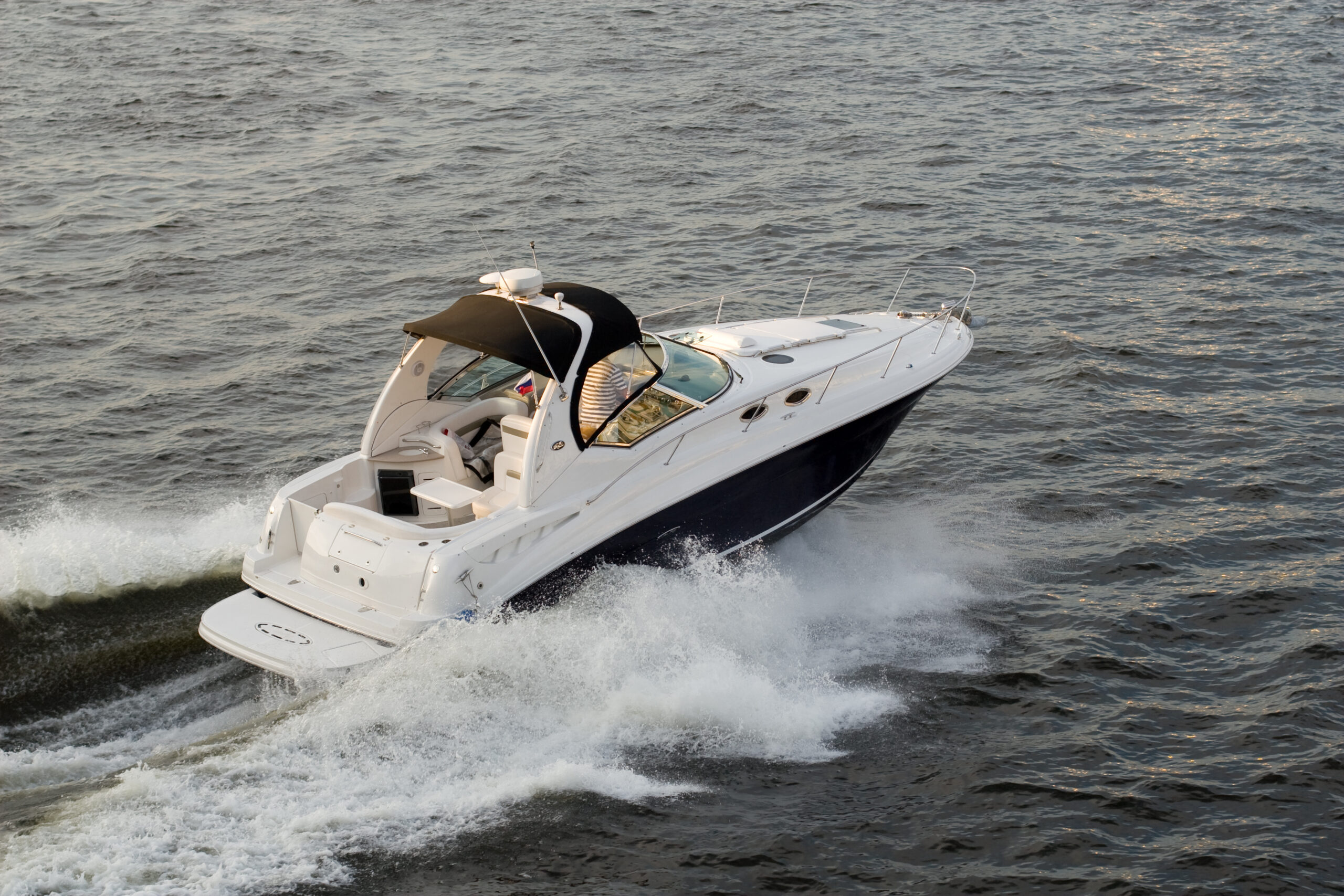Buying a boat is a big decision.
Sailing into the sunset is an exhilarating thought, but with an average price of $42,000 for a new boat and $10,000 for a used boat[1] there are many things to consider before making a big maritime investment. Whether you’re a seasoned sailor or a first-time boat buyer, here are five things to know before buying a boat.
The type of boat that is right for you
Do you dream of leisurely fishing trips on the lake or cruising at high speeds across the water? When choosing a boat, you need to determine its intended purpose and how you plan to use it. Cigar boats are made for high speeds, for example, and they are not ideal for trolling and waiting for fish. Understanding your boating goals will help you narrow down the type and features that best suit your needs.[2] Research different boat types, such as motorboats, sailboats, pontoons, or fishing boats, to find the one that aligns best with your needs and preferences.
Boat buying budget
Just like boats come in various shapes and sizes, price points vary greatly, so establish a realistic budget before beginning your search. Consider the initial purchase price, ongoing expenses like maintenance, storage or docking fees, insurance, and fuel.[3] “Is a boat a money pit?” is one of the most frequently googled questions around boat buying for a reason. Being mindful of your budget will help you find a boat that fits your financial capabilities without overextending yourself.
Boat size and passengers
Boats range in size from small personal watercraft to large yachts. Even by type, the size of a boat varies widely. For example, freshwater fishing boats range from 10-foot dinghies to cabin boats 30-foot-plus long.[4] Once you’ve decided on the primary use of your boat, consider factors such as the number of passengers you plan to accommodate, the type of waters you’ll navigate, and whether you’ll primarily use your boat for day trips or overnight stays. Don’t forget to consider where or how you plan to store the boat and how that may relate to size restrictions.
Should you buy a new or used boat?
While new boats offer the latest features, warranties, and customization options, they also have a higher price tag. On the other hand, used boats may be more affordable but may require more maintenance and could have hidden issues. Assess your priorities, budget, mechanical aptitude, and comfort level with potential risks to determine whether a new or used boat is the right choice for you.[5]
Marine surveyors, inspection, and sea trial
If possible, hire a marine surveyor to provide an expert evaluation of the boat’s condition and value before you buy it. Be sure to choose a marine surveyor who is familiar with the type of boat you’re looking to buy and has affiliations with the American Boat & Yacht Council (ABYC), National Association of Marine Surveyors (NAMS), or the Society of Accredited Marine Surveyors (SAMS). [6]
At the very least, before purchase, you’ll want to conduct a thorough inspection and sea trial to ensure the vessel meets your expectations and performs as you want it to. Inspect the boat’s hull, engine, electrical systems, and amenities for any signs of damage, wear, or malfunction.[7] Take the boat for a test drive to assess its handling, performance, and comfort on the water. Here’s a full checklist for your sea trial.
When buying a boat, it’s important to do your research, and it never hurts to find a reputable boat-buying guide. When you’re ready to hit the open water, Verve’s team can help you get started with a recreational loan that fits your needs.





 Federally Insured by NCUA |
Federally Insured by NCUA |  Equal Housing Opportunity |
Equal Housing Opportunity |